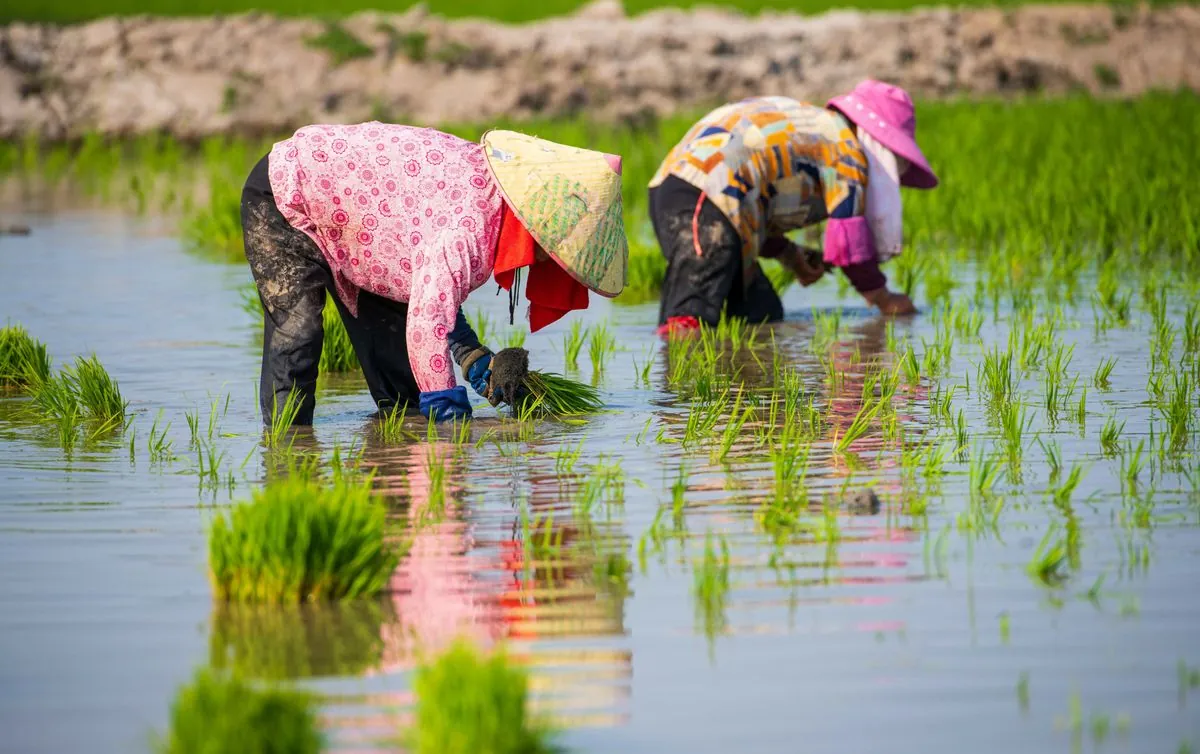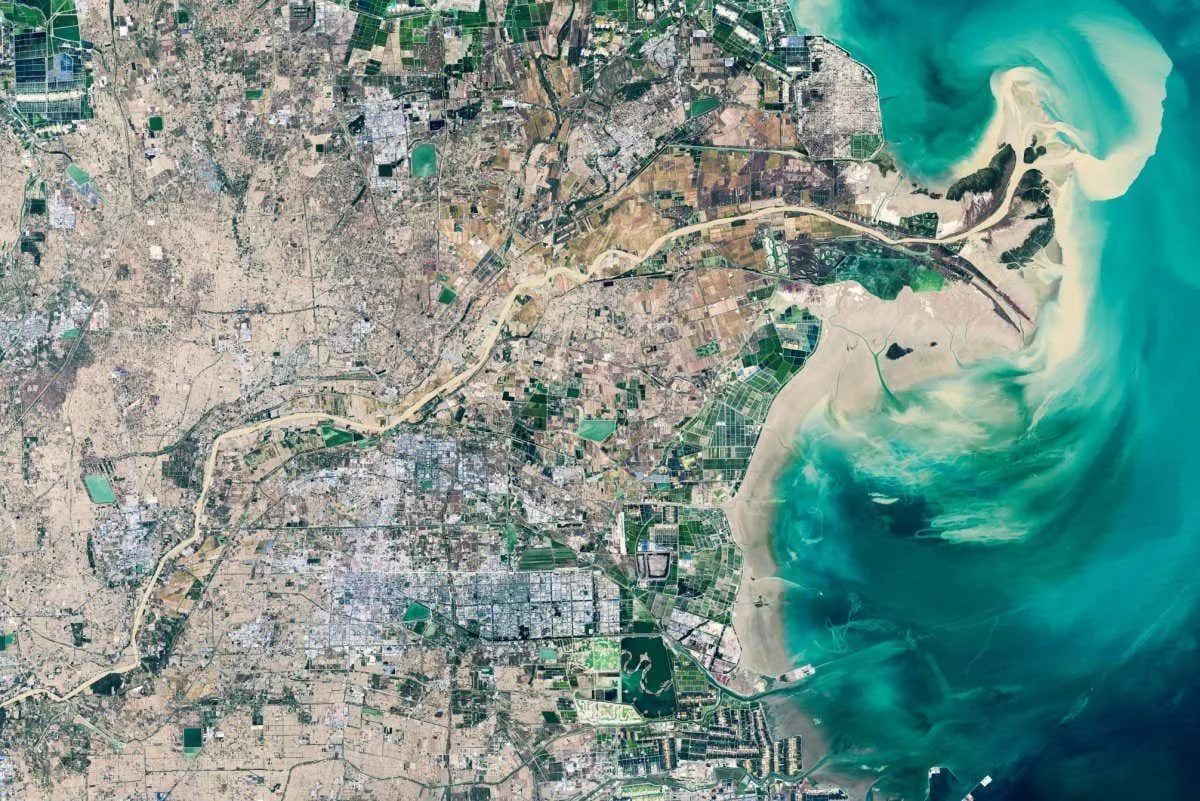China Bolsters Agricultural Defenses Against Natural Disasters
China's Vice Premier calls for improved disaster prevention in agriculture following severe flooding. July saw nearly doubled economic losses from natural disasters, affecting millions and causing significant damage.

In a recent development, Liu Guozhong, China's Vice Premier, has emphasized the critical need for enhancing the agricultural sector's capacity to prevent and mitigate disasters. This statement comes in the wake of severe flooding that has impacted various regions of the country.
Liu stressed the importance of strengthening rainfall monitoring systems to provide early warnings and improve defense capabilities against water-related disasters. His remarks were made during an investigative trip to Liaoning and Jilin provinces in northeast China, an area often referred to as the country's "breadbasket" due to its agricultural significance.
The urgency of Liu's call is underscored by recent events. As of August 13, 2024, eight rivers across multiple provinces and regions, including Liaoning, Jilin, Heilongjiang, Inner Mongolia, and Xinjiang, experienced floods exceeding warning levels. This information was reported by state broadcaster CCTV, citing the Ministry of Water Resources.
July 2024 saw extreme rainfall affecting vast areas of China, including the Sichuan Basin, Yellow River, Huai River, and parts of the North China Plain. The Yellow River, known as the "Mother River" of Chinese civilization, and the Huai River, historically prone to flooding, were among the affected waterways. Precipitation records were broken at 33 weather stations across Henan, Hunan, and Shandong provinces.

The economic impact of these natural disasters has been substantial. According to a report released on August 9, 2024, by the Ministry of Emergency Management, China suffered economic losses of 76.9 billion yuan (approximately $10.1 billion) from natural disasters in July alone. This figure represents nearly double the losses from the same period last year, with 88% attributed to heavy rains and floods. It marks the highest July losses since 2021.
The human toll of these disasters is equally significant. Almost 26.4 million people across China were affected, with 328 individuals either dead or missing. Over one million people were forced to relocate, while 12,000 houses collapsed and 157,000 more were damaged. The agricultural sector also bore the brunt of the disasters, with 2.42 million hectares of crop area affected.
China's agricultural landscape, dominated by rice, wheat, potatoes, and corn production, faces significant challenges in the face of these recurring natural disasters. The country's flood control system, which includes over 280,000 km of levees and more than 98,000 reservoirs, plays a crucial role in mitigating the impact of such events.
In response to these challenges, China has been implementing innovative solutions. The concept of "sponge cities" has been introduced to improve urban flood management, while the Three Gorges Dam, the world's largest hydroelectric power station, serves as a major flood control project.
As China continues to grapple with the impacts of climate change and extreme weather events, the call for improved disaster prevention and mitigation in the agricultural sector becomes increasingly crucial. The country's ability to adapt and strengthen its defenses against natural disasters will play a vital role in ensuring food security and economic stability in the years to come.


































